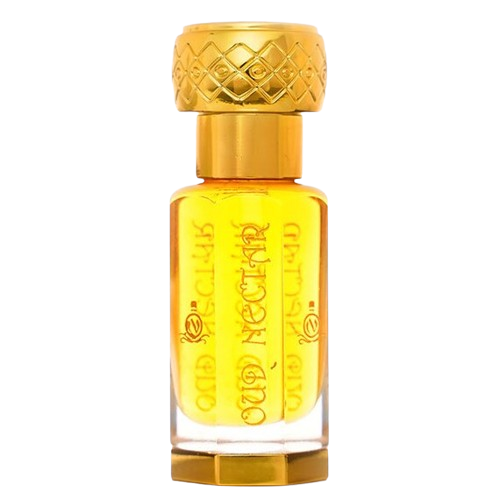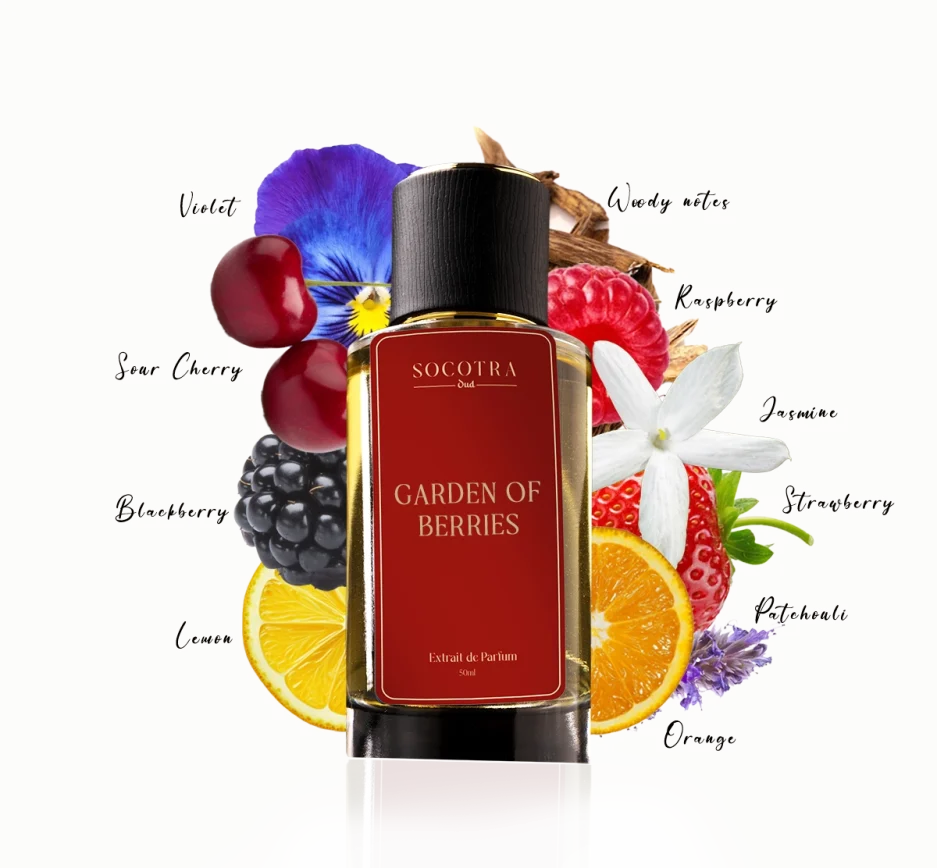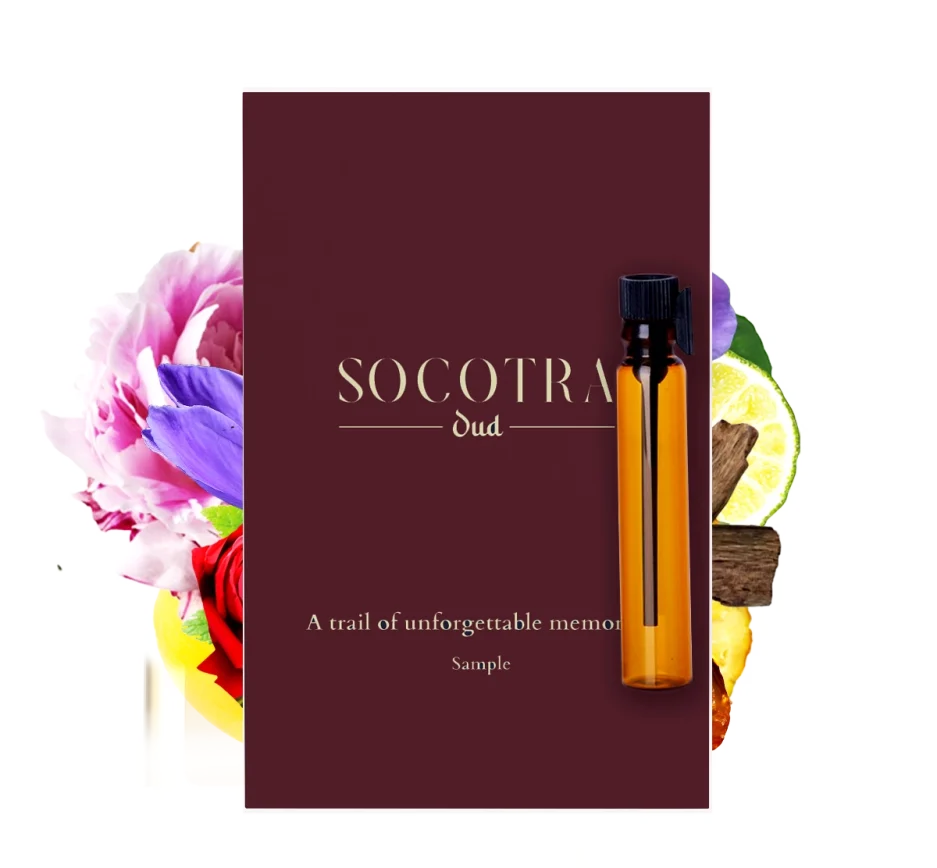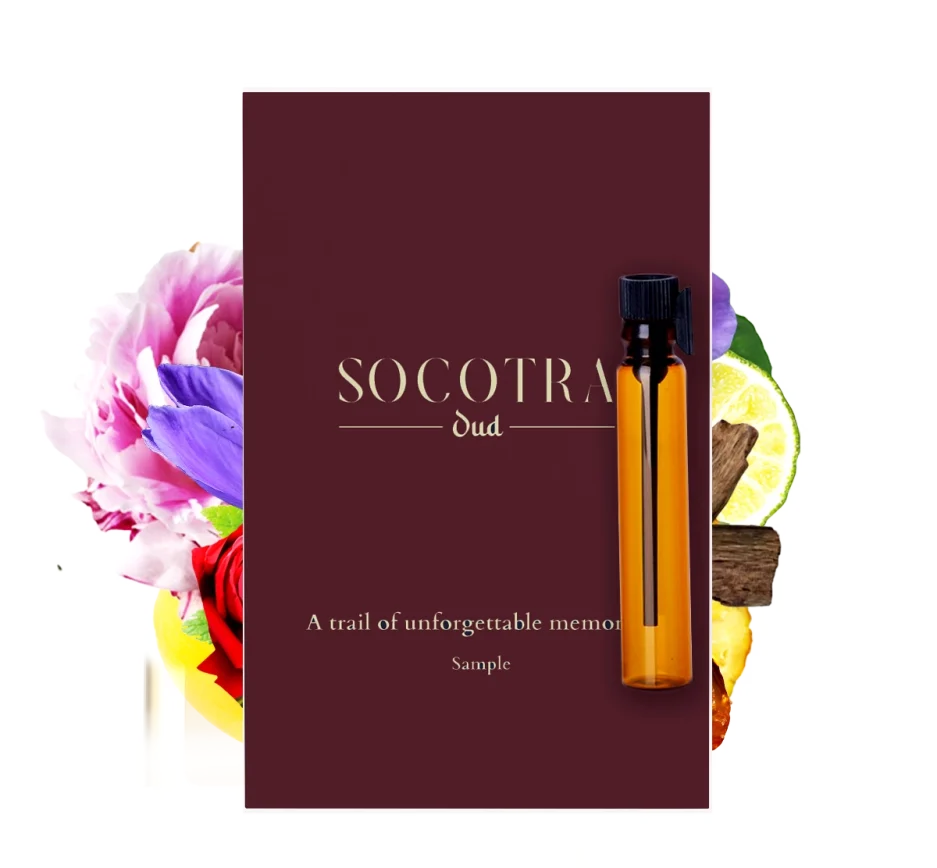Arabian perfume oils hold a mystique that transcends time, captivating the senses with their rich and exotic fragrances. In the heart of Arabian culture, perfumes are not merely scents but cherished traditions passed down through generations. This blog explores the art of crafting signature scents using the enchanting world of Arabian perfume oils.
Understanding Arabian Perfume Oils
Arabian perfume oils, also known as attars, are crafted from natural ingredients using traditional methods. Rooted in a history as intricate as the fragrances themselves, these oils are prized for their longevity and unique scent profiles. Often featuring notes of oud, rose, amber, and musk, Arabian perfume oils stand out for their authenticity and complexity.
Benefits of Arabian Perfume Oils
The allure of Arabian perfume oils lies not only in their captivating scents but also in their longevity. Unlike alcohol-based perfumes, these oils develop on the skin, creating a personalized fragrance experience that evolves throughout the day. Crafted from natural ingredients, they appeal to those seeking an authentic and traditional approach to fragrance.
Crafting Signature Scents
Choosing the Right Arabian Perfume Oil
Selecting the perfect Arabian perfume oil is akin to an art form. Consider the occasion and personal preferences when exploring the vast array of fragrance notes available. Oud, a cornerstone of Arabian perfumery, adds depth, while floral notes like rose bring a touch of elegance.
DIY Perfume Blending Tips
For those eager to create a truly unique scent, experimenting with DIY blends is a rewarding endeavor. Understanding the hierarchy of fragrance notes—base, middle, and top—enables the creation of well-balanced perfumes. Delve into the world of fragrance families to discover complementary scents that resonate with your style.
Popular Arabian Perfume Oil Ingredients
Oud: The “Liquid Gold” of Arabian Perfumery
Oud, often referred to as “liquid gold,” is a resin derived from the agarwood tree. Its deep, woody aroma is a staple in Arabian perfumery, symbolizing luxury and prestige. The rarity and complexity of oud make it a sought-after ingredient for crafting distinctive scents.
Rose, Amber, Musk, and Other Iconic Elements
Beyond oud, Arabian perfumes feature a symphony of other iconic ingredients. Rose provides a floral richness, amber adds warmth and sensuality, while musk contributes a subtle, animalistic allure. The combination of these elements results in fragrances that are both timeless and alluring.
Tips for Applying and Storing Arabian Perfume Oils
To maximize the impact of Arabian perfume oils, understanding the art of application is crucial. Apply sparingly to pulse points, allowing the fragrance to meld with your skin’s natural oils. When it comes to storage, keep the oils in a cool, dark place to preserve their integrity and prevent evaporation.
Cultural Significance and Traditions
In Arabian culture, perfume is more than a beauty accessory; it’s a symbol of hospitality and refinement. Rituals associated with perfume application are deeply ingrained, with scents often chosen to evoke specific emotions or mark significant occasions. Renowned Arabian perfumers have elevated the craft to an art form, leaving a lasting impact on the world of fragrance.
Where to Find Authentic Arabian Perfume Oils
When seeking authentic Arabian perfume oils, it’s essential to choose reputable sources. Explore well-known brands or consider boutique perfumeries specializing in Middle Eastern fragrances. Whether online or at local markets, prioritize quality and authenticity to ensure a genuine olfactory experience.
Takeaway
Arabian perfume oils embody the essence of timelessness and cultural richness. Crafting your signature scent using these precious oils is not just an indulgence but a journey into the heart of tradition and luxury. As you embark on this aromatic adventure, let the scents of Arabia guide you to a world where fragrance is more than a complement—it’s an expression of identity and heritage.



